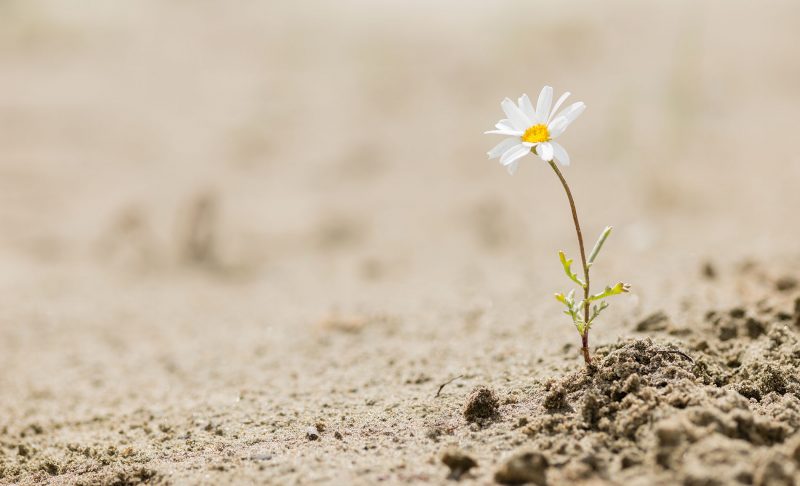

It has been an interesting journey through this global pandemic. I have had the chance to sit and watch as the world responds to it. I was amazed that some billion-dollar companies had to stop, pause, and re-strategize on what next. Mama Mboga on the other hand and the kadogo economy continued as if nothing had happened. I am not sure why, but something tells me that Mama Mboga – let us call her Njeri, has a business model that can continue despite a pandemic. Moreover, she has been listening to the government’s Big Four Agenda and has tapped into the second one: Food security and nutrition.
The Employee
For an employee, let us call her Anne, employment is all they have known all their lives. In 1999, she graduated and was employed almost immediately. For the past 20 years, she has her route to work mapped out and written her to-do list. Anne is aware of her tasks and has learned to execute her tasks within the key timelines set. In between, she has access to breaks for several cups of tea and a sumptuous meal. Did I mention that Anne began her day with a devotion and word of prayer?
March 13th
Anne receives a directive that she cannot work from her desk anymore. Perplexed, she has to think what next. By the end of the week, Anne begins to wonder whether she is still employed or not, will she be of value to her organization after the pandemic? When will this pandemic end so that she can return to work? How is working from home? What does this even mean? What about her husband and children? Njeri, on the other hand, listened to the same briefing, but continued the next morning at 5 am to purchase her stock of vegetables and fruits and carried on selling. To Njeri’s surprise, Anne has now opened her car boot right next to her three months later, to replicate Njeri’s business model so as to ensure that her family continues to feed well.
Status of the pandemic today
Currently, in places like Melbourne, Australia, the pandemic is in its second wave. Back home in Kenya, the government projected that July and August will be the peak of the pandemic. We have now learnt that the children will lose a calendar year and the earliest they can return is 2nd January 2021. Some parents have opted to stop paying school fees, as this will mean double pay in 2021.
What can Anne and Njeri do while they wait?
While this might work for some, it is important to note that no size fits all; find out what works for you, and adopt it.
These are just the tip of the iceberg on the ‘do’s’ one can do as we continue to see how the pandemic will unfold. Yes, I do not have ‘don’ts’; why, there are so many ‘don’ts’ for you to follow due to the pandemic. Also, I like a cup half full.
Anne Njeri Njoroge wrote this article

Very interesting insights and clear ideas that I can put into practice.
Thanks for sharing Anne.